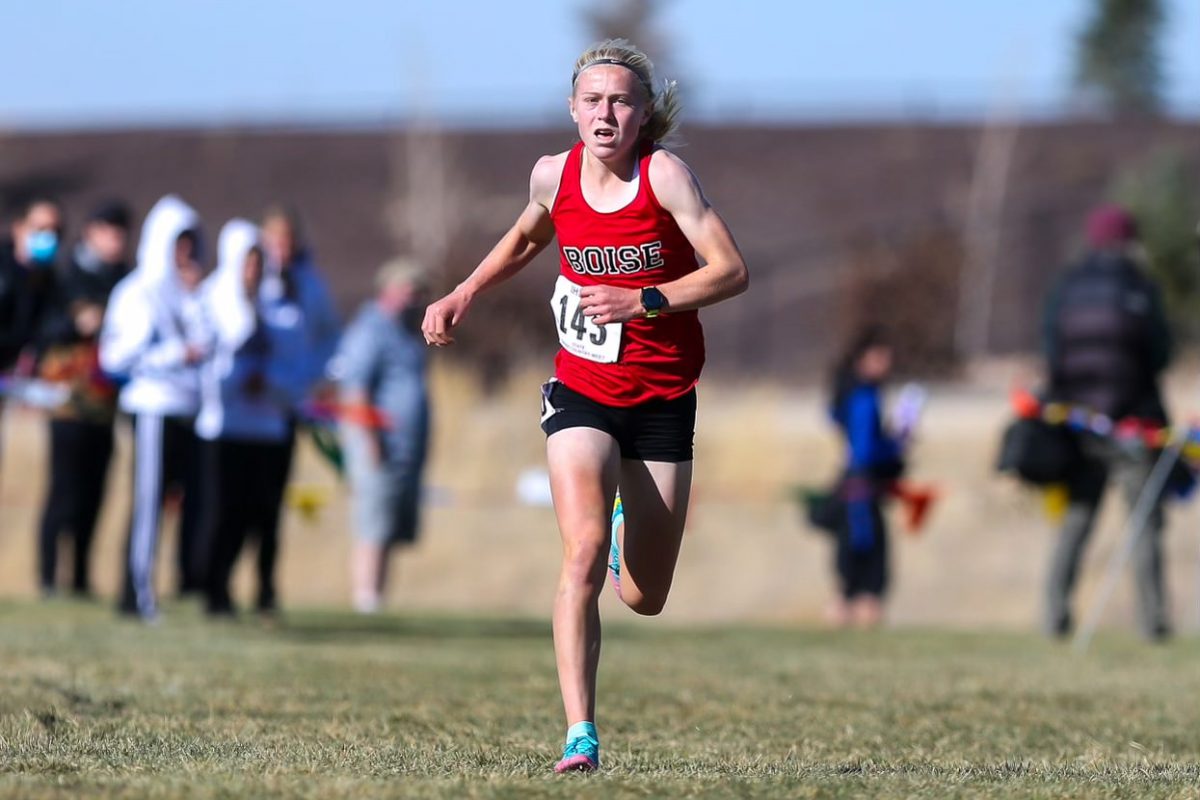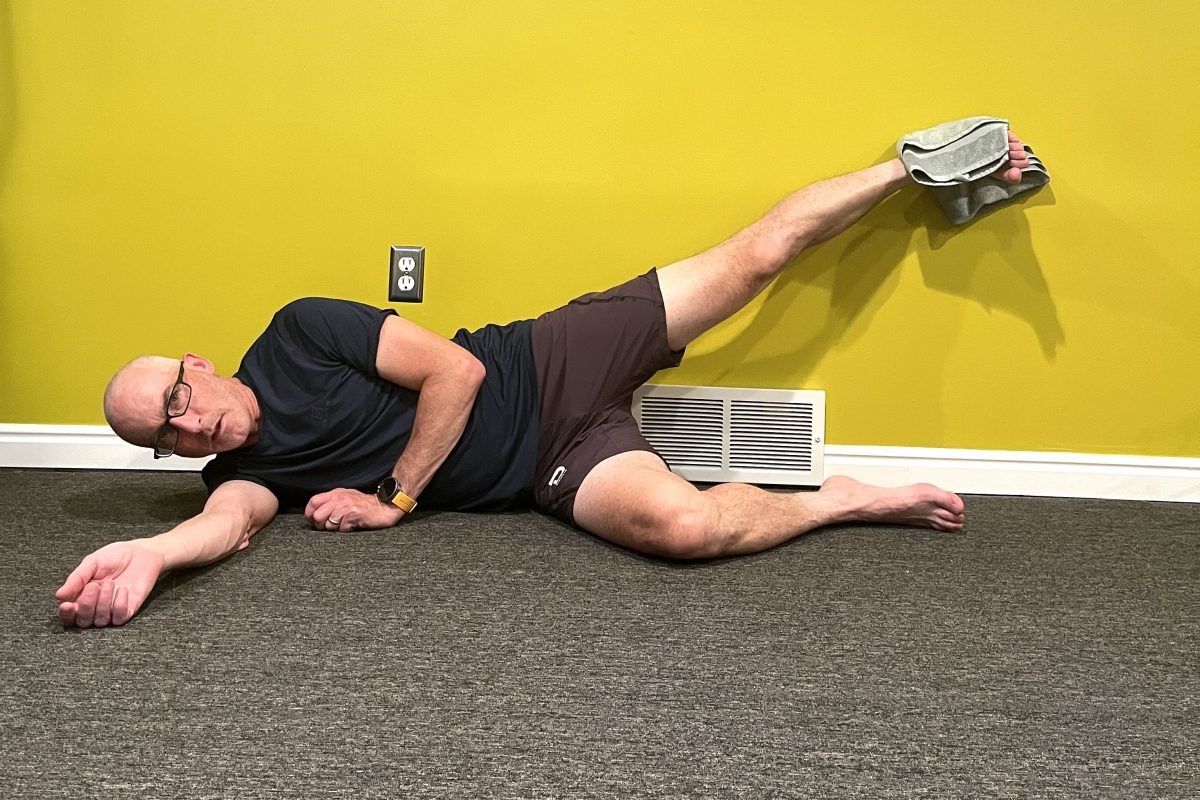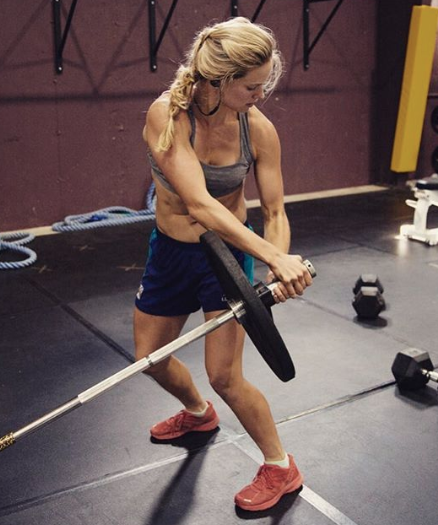I never did become a good Nordic Combined skier. First and foremost that can be blamed on the jumping, which is something I never did get a hold of. After a jump that only went as far as the knoll, I would be too far back in the cross-country portion. Even back then I would open hard, but I hit the wall well before the finish. As a 14 year-old I took part in the Junior National Championships for 14 and 15 year-olds. I finished 15th, but I had the sixth best cross-country time. That will tell you how poorly I jumped.
I did better on the soccer field. As a 13 year-old I was awarded Nannestad’s “most promising soccer player†award for my age group. I didn’t quite understand it, because I myself felt that I was just an okay defensive player with far more determination than skill. The soccer field is probably the only place where, perhaps a little too often, I would have gone after the player and not the ball. More recently I have tied to play strong without injuring others. I didn’t mean any harm on the playing field, though. It was just another case of wanting it a little too much. Even though I was a 12 or 13 year-old who was a little smaller than the rest, I was considered a hard opponent. I generated enough attention that one of the bigger teams in the area, Eidsvold Turn, showed interest in me. But my gym teacher, Erling Hokstad (who later coached the Norwegian Women’s Soccer team), told me I had a tremendous talent for endurance and that I should try to develop that instead of focusing on soccer. He had noticed that I always won when we ran longer races at school. When I also injured my knee during play, it wasn’t hard to give up on soccer.
Erling Hokstad gave me some good advice. I am not very quick and I have horrible jumping capabilities, so I probably wouldn’t have gotten very far either on a soccer field or on a ski jump. But he was right about my talent for endurance. Even today the best 50 skiers in the world can ski as fast as I can. Many can even ski faster. But they cannot keep that speed up as long as I can. They don’t have the same endurance.
The cross-country skiing community in Nannestad was unusually good when I was in my early teens, and that also brought me into the sport. There was a winner’s culture, when champions like Lars Erik Eriksen and Anette Bœe in the middle. And there were also volunteers who donated massive amounts of their free time as leaders and coaches for the younger skiers. I was both proud and happy when some one in this environment thought that I had a talent for cross-country skiing. When I debuted in the Junior National Championships for 14 and 15 year olds in cross-country skiing and finished in 13th pace, I began to think that I had a chance at this sport. Terje Smevold won that race, and he would later become a club teammate of mine.
Written Work Took Too Long.
The fact that nature and sports took up the majority of my free time was not a result of a specific decision. It just came out that way. It was just the way that most all of the boys in Nannestad, and surely many other places in Norway, lived. We were active: in the forests and sports facilities of all types. But naturally we found time to do other things as well. I was probably a wild kid, in both good and bad ways. Overactive, I have heard some say. It wasn’t always easy to follow the advice of my parents, who were both teachers: “Crazy stuff is something you can do at home. In public you need to behave yourself.†I should have likely become a teacher myself. Not only were both of my parents teachers, but both my grandparents on my mother’s side were as well. My sister became a teacher, too.
I have dabbled a bit in the field of teaching, in fact. Right after I graduated from high school, I had a few student teaching assignments at the elementary school in Nannestad. If some of the students remember me, it is probably because of the way I tried to keep order in the classroom. If a boy didn’t follow along as well as I thought he should, I would call him to the front of the class and make him do 20 push-ups. I stood over him with the pointer and gave him a clear message that if he didn’t manage to pump out all 20, he would get a powerful slap on his backside.
“You don’t have permission to do that,†he would protest.
“I am just a student teacher, I don’t really care about permission,†I answered. The boy thought I meant it, and the class thought it was all a lot of fun.
But I didn’t become a teacher.
When my parents made such an effort to get me to enjoy nature and participate in sports, it wasn’t just because they saw that it had a value in and of itself. They knew well that studies have shown intellectual development is dependent on physical activity and fitness. If one is in good physical shape, the intellectual capacity will likely increase as well. But in my case they thought that the accounting was a little out of balance. More than once they let me know that my legs were developing far faster than my mind.
My sister Hilde was a bookworm. She read book after book. I didn’t have time for that. I needed something to happen all the time. If things went well at school, it was more because I really got to work right before the exams than a result of systematic and planned efforts on my school work. I found that an effective way for me to learn was to have my mother listen to me as I talked through my schoolwork. That is probably one of the reasons why I am better at expressing myself verbally than through writing. The written work took for long, I thought—except for the times I was able to write about a fall day in the mountains.



